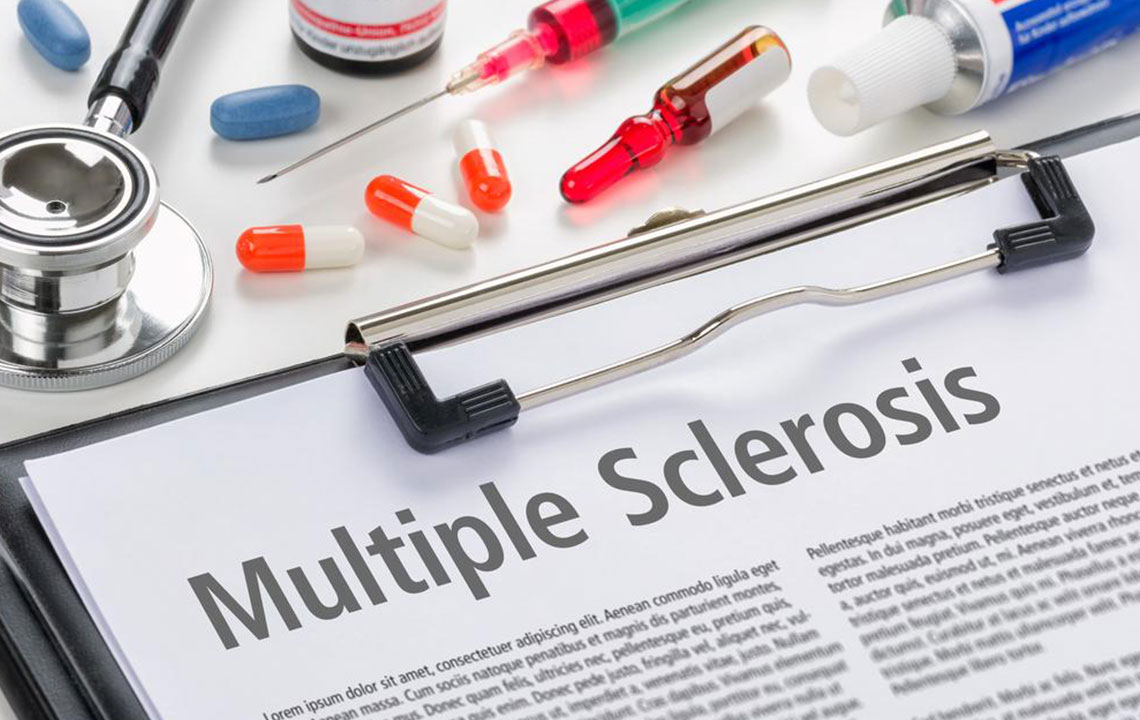Complete Overview of Multiple Sclerosis: Causes, Symptoms, and Effective Management Strategies
This comprehensive guide explores the intricate aspects of multiple sclerosis, including its causes, symptom recognition, diagnostic methods, and the latest management strategies. Emphasizing the importance of early diagnosis and lifestyle adjustments, it aims to educate and empower individuals affected by MS. Featuring insights into emerging therapies and the significance of personalized care, this article provides valuable information for patients, caregivers, and healthcare professionals seeking to understand and manage this complex autoimmune disorder effectively.

Complete Overview of Multiple Sclerosis: Causes, Symptoms, and Effective Management Strategies
Multiple sclerosis (MS) is a complex, long-term autoimmune disorder that primarily targets the central nervous system (CNS), which includes the brain and spinal cord. It is characterized by an abnormal immune response that leads to damage of the myelin sheath, a protective covering that surrounds nerve fibers. The deterioration of myelin disrupts the normal transmission of nerve signals, resulting in a wide array of neurological symptoms. While the exact etiology of MS remains elusive, research indicates a multifactorial origin involving genetic susceptibility, environmental influences, and possible infectious triggers.
MS is not transmissible from person to person, and it affects millions worldwide regardless of age, gender, or ethnicity. The disease manifests in various clinical forms, classified into four main types, each distinguished by patterns of relapses and progression. These are relapsing-remitting MS (RRMS), secondary-progressive MS (SPMS), primary-progressive MS (PPMS), and progressive-relapsing MS (PRMS). Understanding the differences among these types is essential for tailoring treatment approaches and managing expectations about disease progression.
Understanding the Causes of Multiple Sclerosis
The exact cause of MS remains unidentified, but scientific evidence suggests a combination of genetic predisposition, environmental factors, and potential infectious agents play a role. Family history increases susceptibility, indicating a genetic component, though no single gene has been definitively linked to MS. Environmental factors such as low vitamin D levels, smoking, and exposure to certain viruses, notably Epstein-Barr virus, may contribute to the disease's development. Geographic distribution patterns, with higher prevalence in temperate regions, support environmental influences.
Recognizing the Symptoms of MS
The symptoms of MS can vary widely depending on the location and extent of nerve damage. Common signs include fatigue, weakness, numbness or tingling in limbs, impaired coordination, vision problems (such as blurred vision or double vision), muscle stiffness, and difficulty walking. Cognitive impairments, such as problems with concentration and memory, are also prevalent among MS patients. Some individuals experience bowel and bladder dysfunction, pain, and emotional changes like depression or anxiety. Because symptoms can fluctuate and mimic other conditions, early diagnosis and intervention are vital.
Diagnosis and Diagnostic Tools
Diagnosing MS involves a combination of neurological examinations, medical history assessments, and diagnostic tests. Magnetic resonance imaging (MRI) is the most sensitive tool for detecting demyelinating lesions in the CNS. Cerebrospinal fluid analysis, evoked potentials tests, and blood tests are also employed to rule out other conditions and confirm MS. Accurate diagnosis ensures timely initiation of treatment and better management outcomes.
Management and Treatment of MS
While there is currently no cure for MS, various therapies aim to modify the disease course, alleviate symptoms, and improve quality of life. Disease-modifying therapies (DMTs) such as interferon beta, glatiramer acetate, and newer oral medications reduce relapse rates and slow progression. Symptomatic treatments include corticosteroids for acute relapses, physical therapy, and occupational therapy to maintain mobility and independence. Lifestyle modifications, such as adopting a healthy diet, regular moderate exercise, stress management, and adequate rest, play a significant role in managing symptoms.
Supporting a Healthy Lifestyle
Dietary choices impact MS management; a diet rich in omega-3 fatty acids, fiber, probiotics, and vitamin D can reduce inflammation and bolster immune health. Avoiding smoking and excessive alcohol consumption is recommended. Physical activity tailored to individual capabilities enhances muscular strength and cardiovascular health. Psychological support through counseling or support groups helps cope with emotional challenges.
Advanced Treatment Options and Emerging Therapies
In addition to standard treatments, emerging therapies such as plasma exchange (plasmapheresis) for severe cases and stem cell therapy are under investigation. Rehabilitation programs focus on improving mobility, speech, and bladder control. Researchers continue to study the underlying mechanisms of MS, aiming to discover more effective treatments and prospects for actual curing the disease in the future.
Prognosis and Life Expectancy
MS prognosis varies among individuals. Some experience mild symptoms with long periods of stability, while others face rapidly progressive disease. Advances in treatments have improved life expectancy and quality of life. Ongoing medical care, lifestyle adjustments, and support systems are crucial in managing the disease effectively.
Conclusion
Multiple sclerosis remains a challenging neurological condition, but ongoing research and advancements in medical therapies offer hope. Early diagnosis, personalized treatment plans, and lifestyle modifications can significantly influence disease progression and patient well-being. Maintaining an active, healthy lifestyle and adhering to prescribed treatments can help individuals with MS lead fulfilling lives despite the challenges posed by the disease.





